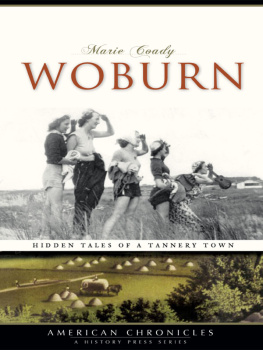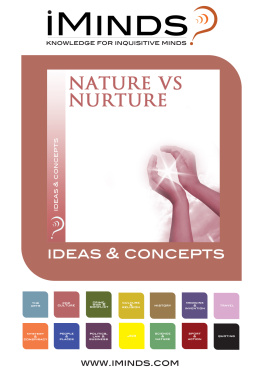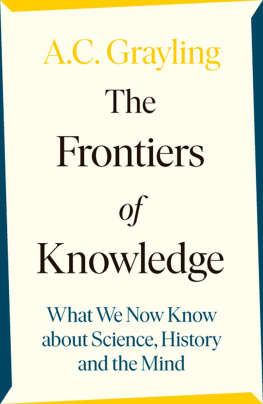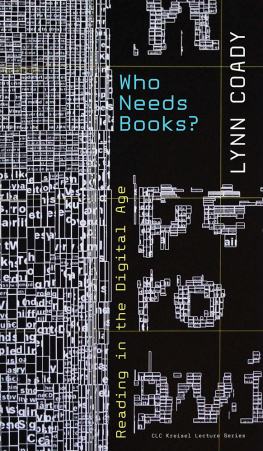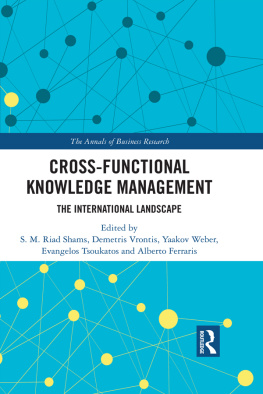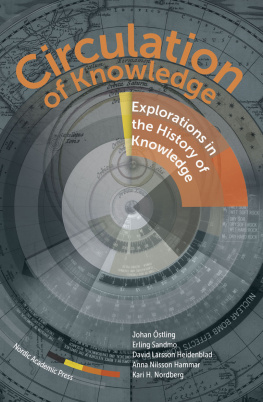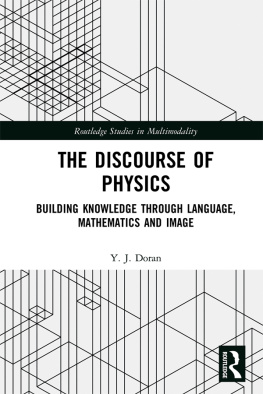
Coady, C. A. J. Boyce Gibson Professor of Philosophy, University of Melbourne
Testimony
A Philosophical Study
Publication date 1994 (this edition)
Print ISBN-10: 0-19-823551-8
Print ISBN-13: 978-0-19-823551-4
doi:10.1093/0198235518.001.0001
Abstract: This book is about a topic in epistemology that had been much neglected until its publication, but has subsequently become much more discussed. That topic is testimony, or, less technically, the conveying of information by telling. Coady argues that reliance upon the word of others plays a crucial role in the economy of knowledge, though the extent and depth of this reliance have gone largely unrecognized in the philosophical tradition. He discusses those efforts that have been made to explain and justify the role of testimony in the getting and sustaining of knowledge or reliable belief, and concludes that, with the partial exception of Thomas Reid's discussion in the eighteenth century, they have been unsuccessful. This widespread failure, he argues, stems from a reductive approach with an individualist bias that fails to appreciate just how fundamental are our cognitive debts to one another. Indeed, he argues, the very possibility of linguistic communication rests upon some basic reliability of testimony. He spells out an alternative to the reductive way of understanding the links between testimony, perception, memory, and inference. In the latter part of the book, Coady explores several puzzles generated by our reliance on testimony, including those created by the tension between prior probabilities and testimony to astonishing events, the supposed increase in unreliability of testimonial chains of transmission as they expand, and a puzzle about competence and transmission of knowledge. He also discusses certain implications of his view of testimony for important issues in history, psychology, mathematics, and the law.
Keywords: Coady,epistemology,evidence,knowledge,memory,probability,reliability,testimonial,testimony
end p.ii
Testimony
A Philosophical Study
OXFORD CLARENDON PRESS
end p.iii

Great Clarendon Street, Oxford OX 2 6dp
Oxford University Press is a department of the University of Oxford
It furthers the University's objective of excellence in research, scholarship,
and education by publishing worldwide in
Oxford New York
Auckland Bangkok Buenos Aires Cape Town Chennai
Dar es Salaam Delhi Hong Kong Istanbul Karachi Kolkata
Kuala Lumpur Madrid Melbourne Mexico City Mumbai Nairobi
So Paulo Shanghai Taipei Tokyo Toronto
Oxford is a registered trade mark of Oxford University Press
in the UK and in certain other countries
Published in the United States by
Oxford University Press Inc., New York
C. A. J. Coady 1992
The moral rights of the authors have been asserted
Database right Oxford University Press (maker)
All rights reserved. No part of this publication may be reproduced,
stored in a retrieval system, or transmitted, in any form or by any means,
without the prior permission in writing of Oxford University Press,
or as expressly permitted by law, or under terms agreed with the appropriate
reprographics rights organization. Enquiries concerning reproduction
outside the scope of the above should be sent to the Rights Department,
Oxford University Press, at the address above
You must not circulate this book in any other binding or cover
and you must impose this same condition on any acquirer
ISBN 0-19-824786-9
ISBN 0-19-823551-8 (pbk)
end p.iv
For Margaret,
the ideal speaker-hearer
end p.v
It seems, rather, that believing in other persons, in authority and testimony, is an essential part of the act of communicating, an act which we all constantly perform. It is as much an irreducible part of our experience as, say, giving promises, or playing competitive games, or even sensing coloured patches.
(J. L. Austin, 'Other Minds')
end p.vi
Preface
I first began thinking about the epistemological status of testimony in the 1960s when writing a thesis at Oxford on issues in the theory of perception. I doubt that my testimony about these origins is worth much now, though I recall being intrigued by some remarks of Elizabeth Anscombe on the topic during her lectures on the empiricists, and my supervisor, William Kneale, drew my attention early on to Archbishop Whately's brilliant spoof of Hume in Historic Doubts Relative to Napoleon Bonaparte. I had certainly read J. L. Austin's 'Other Minds', as a student, but it was only when I came to check a reference in the final stages of preparation for the book that I realized (or was caused to remember?) that he had written perceptively, if very briefly, about testimony. This led to a few alterations, including the use of one of Austin's comments as an epigraph for the book. It also made me think it likely that there are other forgotten influences that I will never be in a position to acknowledge. Let this admission stand proxy for the acknowledgments that cannot be given.
With regard to what I am told, my temperament inclines towards scepticism rather than gullibility. This inclination was reinforced by several years spent as a young man in the world of popular journalism. I was therefore initially reluctant to go down the path charted in this book, since its basic thrust is that our trust in the word of others is fundamental to the very idea of serious cognitive activity. However uncongenial, this outlook came to seem the only honest one to adopt, though the question remained how it could be integrated into a wider epistemological framework and so 'justified'.
When I began reading papers on the subject, my audiences mostly reacted with incomprehension, or the sort of disbelief evoked by denials of the merest common sense. Gradually, the climate of thought has changed and there is now more sympathy for the view that testimony is a prominent and underexplored epistemological landscape, although what sort of feature it is and how largely it looms are still naturally matters for disagreement. I will be pleased if this book produces more and better disagreement, even if it is with me. I will, of course, also be delighted if discussion and debate leads to some measure of agreement.
The book's format and development need some preliminary explanation. It is divided into four sections. The first, 'The Problematic', consists of three chapters of an expository and definitional character. Chapter
end p.vii
aims to show the extent to which our normal cognitive practices are underpinned by our reliance upon what others tell us, and to suggest the depth and apparent inevitability of this reliance. Chapter examines some consequences of this definition and defends it against misgivings arising from intuition and theory.
The second section, 'The Tradition', explores the work of those few philosophers who have written extensively upon the epistemology of testimony. Most attention is paid to the work of Hume, Price, Russell, and Reid, though the views of W. K. Clifford, F. H. Bradley, and others are also scrutinized. This analysis of the tradition helps expose the individualist emphases, already sketched in Chapter , of that trust in the word of others which is implicit in our actual cognitive procedures.


